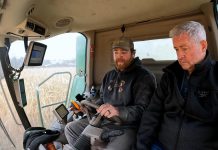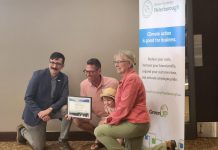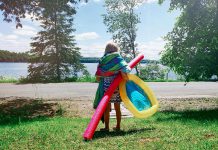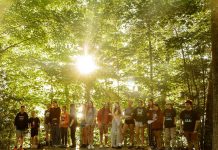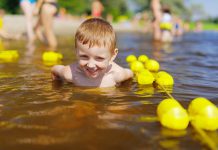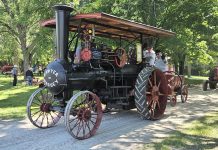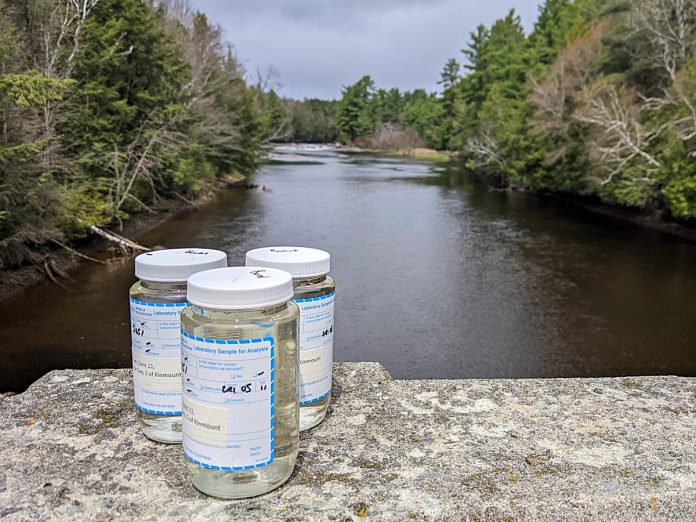
Kawartha Conservation is inviting residents to step up and become citizen scientists by helping monitor the health of various lakes in the City of Kawartha Lakes.
The conservation authority is expanding its community science program and is seeking dedicated volunteers to help collect important water quality data on Pigeon Lake, Sturgeon Lake, and Cameron Lake.
The group hopes to recruit additional citizen scientists to help during “the crucial months” of August and September.
“It is known as our community science program, which is a volunteer-run program aimed at water sampling within the Kawartha Lakes,” Nathan Rajevski, assistant watershed resources technician, told kawarthaNOW.
The community science program focuses on the monthly collection of near-shore water samples, which are essential for assessing and maintaining the health of the lakes, according to Kawartha Conservation.
This year, the target lakes are Balsam Lake, Cameron Lake, Sturgeon Lake, and Pigeon Lake. Volunteers will collect water quality data at their homes and report this information along with their water samples.
“Supporting citizen science is impactful because it leverages the power of community involvement to gather extensive and diverse data across our watershed,” said Rajevski in a media release.
“Volunteers bring unique insights and local knowledge, enhancing our ability to monitor and respond to environmental changes. Their participation helps us build a more resilient and sustainable future for our lakes, benefiting both current residents and future generations.”
Kawartha Conservation is encouraging residents in the areas of Pigeon Lake, Sturgeon Lake, and Cameron Lake to volunteer for this program. The organization is hoping to recruit three to four new volunteers on these lakes to help gather comprehensive data.
Volunteers will contribute to the last two months of sampling (August and September) by attending a training session and conducting sampling on the specified days each month.
Since the program is volunteer run, participants will collect samples from their docks or other safe water-access points at home.
The sampling dates for Balsam and Cameron lakes are August 26 and September 23 and, for Sturgeon and Pigeon lakes, August 27 and September 24.
“By volunteering, individuals can directly contribute to vital environmental research, providing us with data that is crucial for informed decision-making and effective lake management,” Rajevski said.
Overall, expanding the community science program will allow Kawartha Conservation to build a broader network of volunteers collecting data, thereby enhancing its understanding of lake health. “The success of our nearshore program has demonstrated the value of community involvement in environmental science,” Kawartha Conservation noted.
Kawartha Conservation is a watershed-based, non-profit organization established in 1979 by the municipalities within the watershed under the Conservation Authorities Act. It is one of 36 conservation authorities operating in Ontario and a member of Conservation Ontario.
For more information or to inquire about volunteering, email Rajevski at nrajevski@kawarthaconservation.com.






